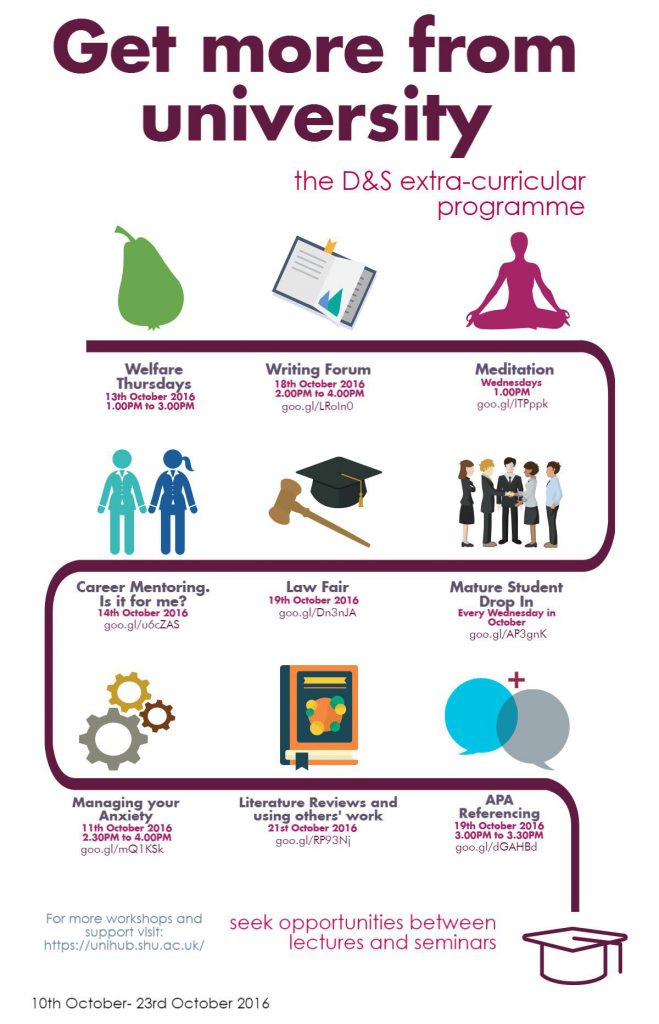Student Engagement in the Context of Commuter Students: a SHU Student Perspective
by Rachael Lee
I am a Level 5 undergraduate student on work placement in the directorate of Student Engagement, Evaluation and Research. As part of my work, I have looked at Summary Report on ‘Student engagement in the context of commuter students’ by Liz Thomas Associates and Robert Jones which captures both student and staff representations of student engagement and the possible problems that commuter students face with campus-based learning. The report addresses the issue that commuter students receive lower degree outcomes than re-locating students and investigates how commuter students are affected in terms of their academic engagement, course enhancement, and their social engagement. I have picked out the difficulties and solutions provided in the report which I felt relate most to me and my student engagement at Sheffield Hallam University as a commuter student.

The report suggests that improved staff awareness of commuter students could help us in multiple ways; making online resources and downloadable software more available will reduce the amount of time a commuter student has to travel to university to do work that could be done at home. In addition, if commuter students were considered as a priority when timetabling, this could reduce gaps between contact hours. I feel this will improve attendance as students won’t feel the need to go home in long breaks.
When larger gaps occur, the report suggests social and enhancement activities are a good encouragement for commuter students to get involved and stay at university throughout the day.
The Faculty of Development and Society produce a monthly infographic advertising extra curricular activities and events to students.
 Providing a room for commuter students to meet each other and relax, where they can charge technological devices and put belongings in lockers is also a great idea mentioned in the report. This factor emerged very strongly from the research carried out behind the report.
Providing a room for commuter students to meet each other and relax, where they can charge technological devices and put belongings in lockers is also a great idea mentioned in the report. This factor emerged very strongly from the research carried out behind the report.
The report also addresses the problems with travel, which, for me is the most important. By providing more free parking and regular shuttle buses on both campuses could reduce the stress for commuters, both those who drive as well as those who get public transport. The report suggests staff need to be understanding where students are late due to unavoidable transport difficulties.
What I thought was particularly interesting which the report mentioned was whether commuter students are either unable or unwilling to engage. It may be a factor that students decide to be commuters because they are less interested in taking part in extra-curricular activities, especially if this interrupts part time work which is one reason I am commuting from home next year.
STEER are currently involved in a number of impact evaluations which seek to evaluate the outcomes and impact of various interventions undertaken at SHU within the last 3 years. The evaluation of activity to address student retention, and issues affecting widening participation and access to higher education, form part of this work.
If you interested in learning more about our evaluations, or would like to contribute to the evidence base, please contact us at steer@shu.ac.uk
